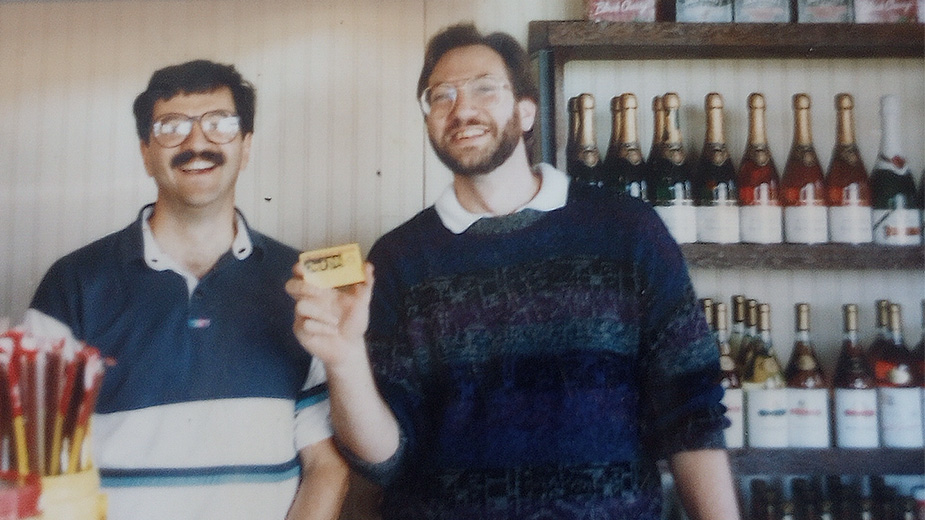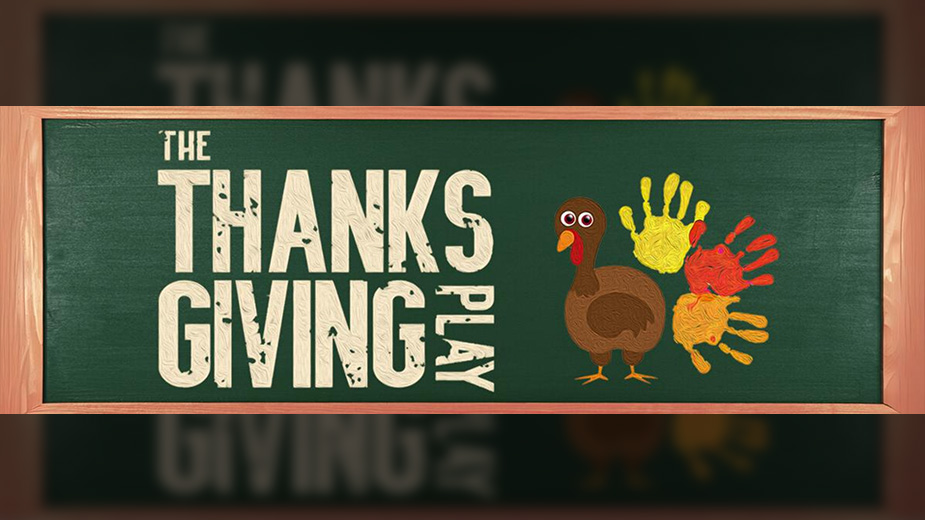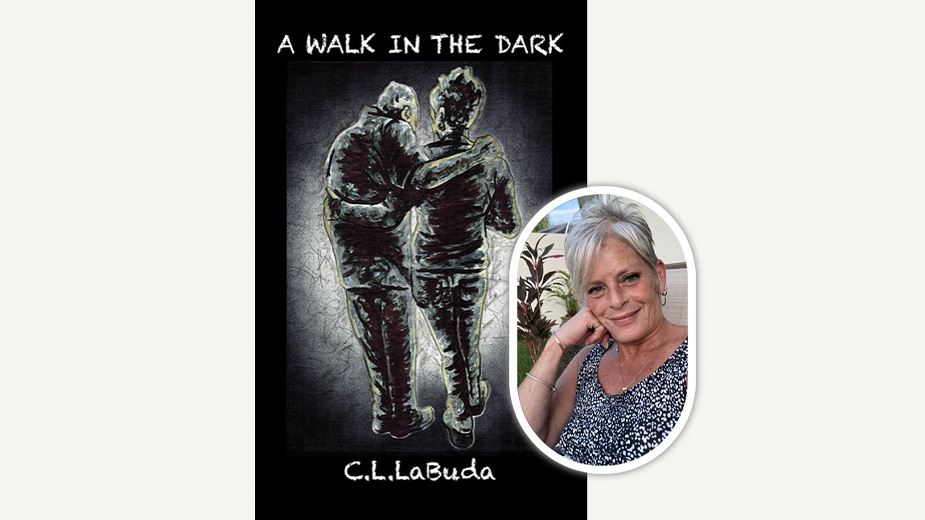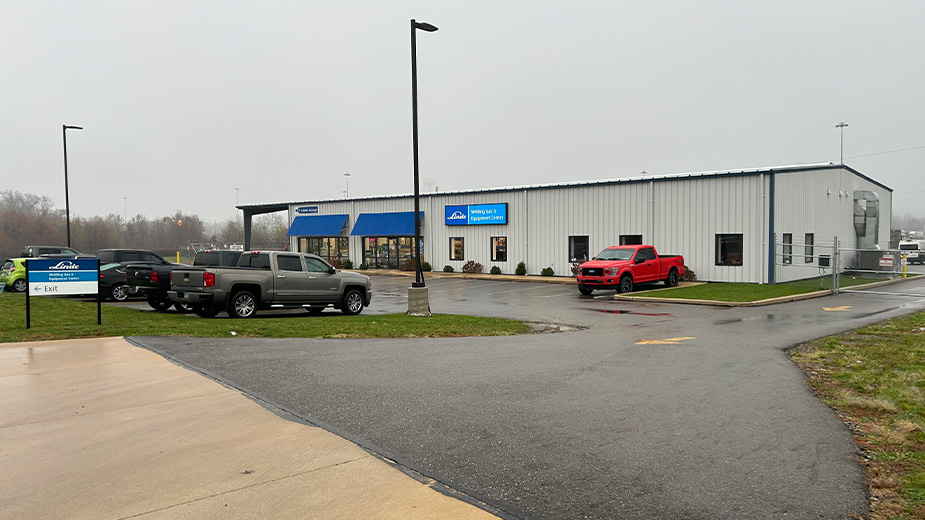‘This Is What Happened’: A Davis Family Story
YOUNGSTOWN, Ohio – In short, plenty happened across Barry Davis’ family lineage.
Scoundrels, rogues, questionable poker hauls, an amusing military farce, a not-so-amusing run-in with the local underworld, a sobering assessment of war – all are anecdotes retraced by Davis in his newly published book, “This Is What Happened.”
It’s a humorous reflection of Davis’ family – his father, “Wild Bill,” is the central protagonist – that is told through a rich infusion of baby boomer popular culture, Jewish tradition and a lively sense of chutzpah.
“I started the project about three years ago when one of my relatives asked me about my dad’s experience in World War II,” says Davis, the retired co-owner of the Davis Motel in North Lima. “He never talked about whether he saw any action.”
‘Wild Bill’ Goes to War
Davis says “Wild Bill” often fashioned his years in the service as a sitcom that closely paralleled the antics found in such television shows as “McHale’s Navy” – a 1960s-era comedy about a shenanigan-prone PT boat crew in the Pacific during World War II.
“He was 19, and he enlisted in the Navy only because that was the branch of the military where you wouldn’t be shipped out to a battlefield right away,” Davis recalls. “He did not want to go into battle.”
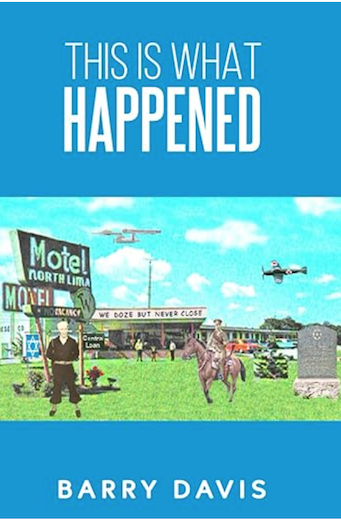
Indeed, shortly after he reported for basic training, Davis says his father engineered an ingenious way to avoid combat for as long as possible while still serving. “He found out if you switched your training after your 10 weeks was almost over, you could sign up for other training and not be shipped out until that training was completed,” he says. “He kept on switching his training and was in boot camp for a year and a half. He could’ve gotten a medal for serving the longest in boot camp during World War II.”
Wild Bill’s plan to evade action was eventually uncovered, along with his involvement in a series of rigged poker games. These actions, Davis surmises, landed his father in the brig for a period as he awaited his first assignment overseas: Okinawa. “The pay sergeant said, ‘The next ship that’s coming in, we’re shipping your ass out.’”
That’s when his Navy chicanery ended and the grim realities of war took hold, Davis says. His father arrived on Okinawa in July 1945, weeks after the major fighting for control of the Japanese island concluded. While Davis notes that his father freely told stories of his boot camp days, he shrugged off his time at Okinawa and told little of his experience there.
Curious, Davis investigated his father’s military records and discovered that Bill was among a unit charged with cleaning the battlefield of thousands of dead Marines and Japanese soldiers. “It was the bloodiest battle of the Pacific war,” Davis says. Although the bulk of the fighting had stopped, there were still pockets of Japanese resistance, enemy sniper activity throughout the island and threats of aerial Kamikaze attacks on U.S. ships.
Then, in early August 1945, Bill and his shipmates were informed that they would be among the first wave assisting the invasion of Japan. Given Japanese island resistance, U.S. commanders anticipated casualties of perhaps 80%, they were told. “They were only 18, 19 years old. They were very upset,” he says. “The next day, we dropped the bomb and saved my dad’s life.”
Despite his questionable disciplinary record, Wild Bill was honorably discharged from the U.S. Navy that same year.
The Davis Family in Parody
The book is filled throughout with parody and boomer culture vignettes as a vehicle to tell the Davis family story. For example, according to family lore, Davis’ great uncle Louis (and possibly an accomplice, his grandfather, Rube) once perpetrated a scheme during World War I to steal horses from the U.S. Cavalry, sell them to a nearby Native American tribe, then steal them back and resell them to the military. The episode is illustrated by a mock advertisement of the 1960s sitcom F-Troop, which featured a bungling cavalry regiment stationed in a frontier outpost.
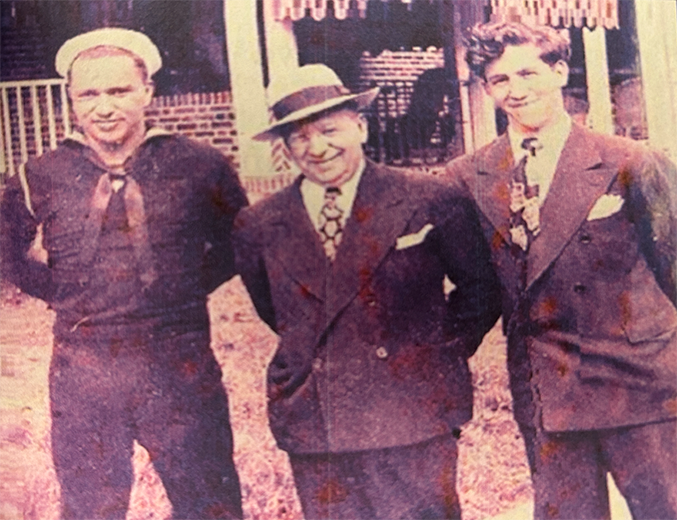
Years later, Barry and his brother, Murray, discovered an unusual tool in a toolbox belonging to their father. “We never knew what it was for,” he says. “Then about 10 years ago, we found out it was used for removing horseshoes. We figured his uncle must have used it and brought it down through the family,” he says with a laugh.
Uncle Lou would return to Youngstown to manage the bar at the basement of what was then the Pick Ohio Hotel downtown, Davis adds, presumably beginning during Prohibition through the 1940s. “During that time, it was the headquarters for the mob in the late hours,” he says.
Davis’ grandfather also settled in Youngstown during the 1920s, first starting a small used car lot and establishing a loan business – Central Loan Co. – to help customers with financing. After the war, Davis’ father joined the business as it expanded and provided loans to steelworkers.
“Later, I found out in order to do that, you had to make payments to the mob,” Davis says. “You couldn’t deal with the steel mills unless you gave them a cut.” Central Loan remained in business until 1959, when his grandmother sold the loan company.
Motel Years
The following year, Bill Davis acquired a motel constructed just two years earlier by Edward J. DeBartolo Sr. in North Lima. The motel at 10860 Market St., just off the turnpike interchange, still stands today and is managed by Barry’s brother Murray.
Bill Davis’ North Lima Motel, as it was first known, adopted the slogan “We Doze But Never Close,” providing 24-hour service to customers at a time when few motels did. Much of the motel’s business came from truck drivers pulling off the interstate in search of a good night’s sleep.
Davis reflects with nothing short of fondness and love for his father, who had the business acumen to make the motel work. Then, in 1976, Bill Davis died at age 52, leaving Barry, a recent college graduate, to assume duties at the motel.
“I had to take over the business at 21 years old to put my other siblings – I have two brothers and a sister – through college,” he recalls. Brother Murray eventually became a partner; younger brother Harold became a CPA and went on to establish a thriving accounting business in the Mahoning Valley; and his sister Sandy Hirschl earned an MA in international business and worked at her husband’s medical practice.
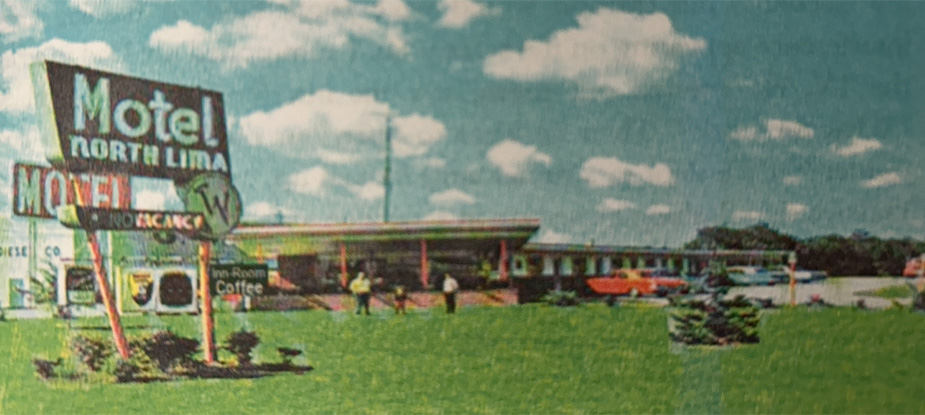
The motel years were often filled with the same sort of colorful – and sometimes dangerous – episodes that had followed the Davis family over the decades. On one occasion approximately 20 years ago, the FBI arrived and informed Davis that an escaped convict from Florida had taken lodging at the motel, warning he was “armed and dangerous.”
Murray, who had arrived to help his brother, was in the front office as Barry was alerting other guests. The convict unexpectedly entered the office, and the FBI swarmed. As the perpetrator reached for his gun, an agent shot him on the spot, wounding him in front of Barry.
Barry, rattled by the experience, received $1,000 and a commendation from the U.S. Department of Justice, signed by then-FBI director Robert Mueller III.
Other tales touch upon resisting pressures from local racketeers extending their influence into this part of Mahoning County, epitomized by mob boss Lenny Strollo’s efforts to repeal the community’s dry laws.
“He wanted to sell liquor in North Lima,” Davis recalls. To do so would require votes, which prompted a visit from Strollo and two others to the motel with a proposition for Davis.
At the time, local election laws stated that if a person had a mailing address within the locality, then they were eligible to cast a vote in that community. Strollo wanted to use the Davis Motel’s address as a front to funnel votes into North Lima and overturn the dry ordinance, much to the chagrin of the Mennonite communities nearby.
“He wanted to use my address so his associates could mail themselves letters, then vote and pass a liquor ordinance,” Davis recalls. “He laid all this out, and I didn’t want any part of it.”
The liquor ordinance, nevertheless, passed.
Davis also highlights fights against the Mahoning County bed tax and battles with government overreach regarding county infrastructure projects, and casts celebrities such as Cloris Leachman, guitarist Rick Derringer and the rock band The Youngbloods as visitors to the motel.
These stories are often satirized by way of imagined episodes of “Star Trek,” “Seinfeld” and other popular culture references of the 1960s and 1970s. Even the Five Man Electrical Band gets a plug.
“When I read Barry’s book, I was taken aback that my father served on Okinawa and the other stories about my family I have never heard,” Murray says. “Anyone interested in the history of Youngstown, War World II and what it’s really like to own a small family business in Mahoning County would love this book.”
Aside from its satirical bent, the book is interspersed with reflections of Davis’ Jewish faith, customs and excerpts from the Torah. “The whole book is interlaced with different Jewish traditions,” he says. “I thought that would be interesting.”
The book, released last week, is available for purchase on Amazon. A sequel tentatively titled “Barry’s World,” which presents more stories of the hotel, is in the works, he says.
“It was so much fun to write. I learned a lot about my family and my dad,” Davis says.
Pictured at top: Barry and Murray Davis, circa 1985.
Copyright 2024 The Business Journal, Youngstown, Ohio.
